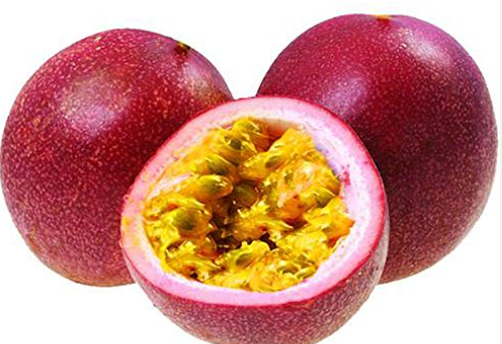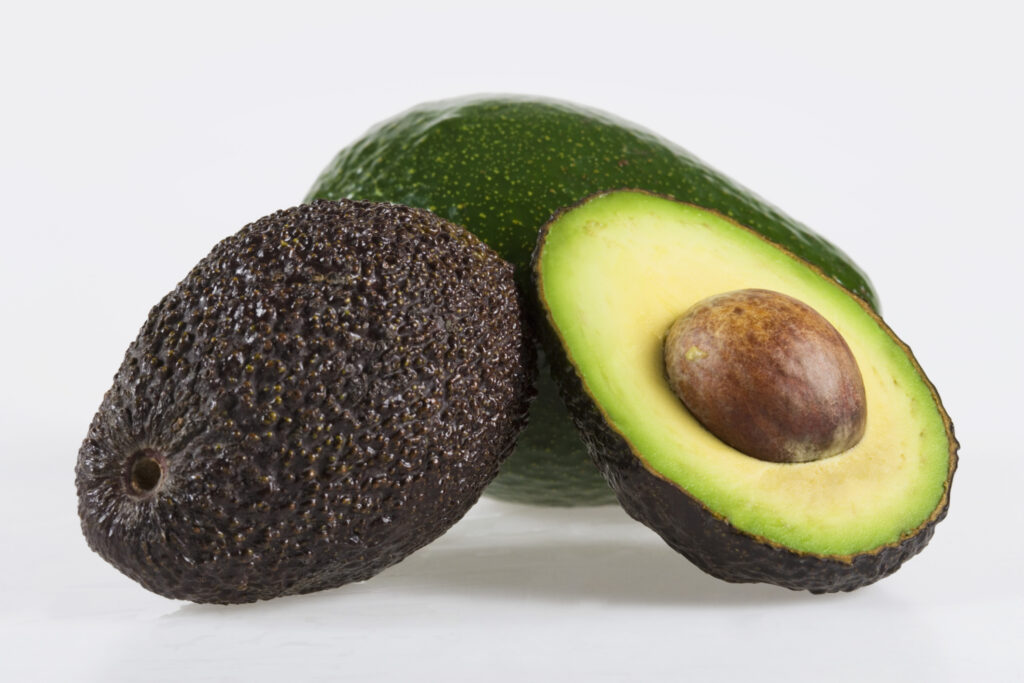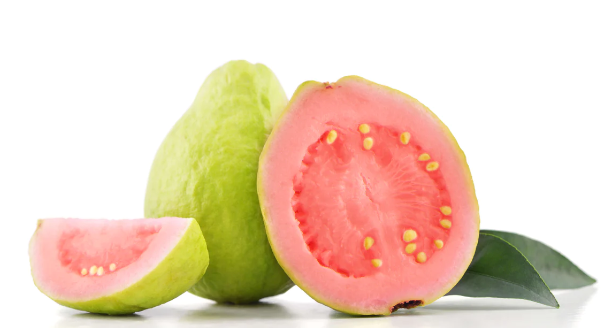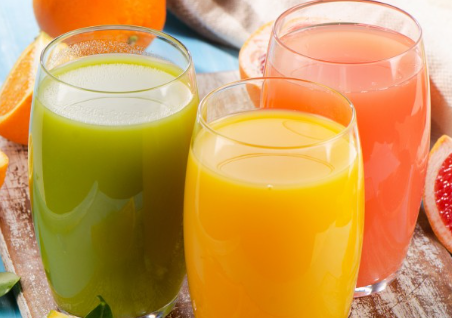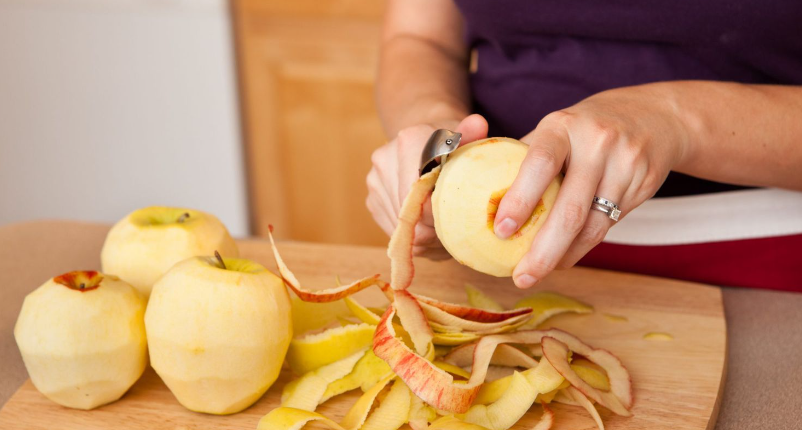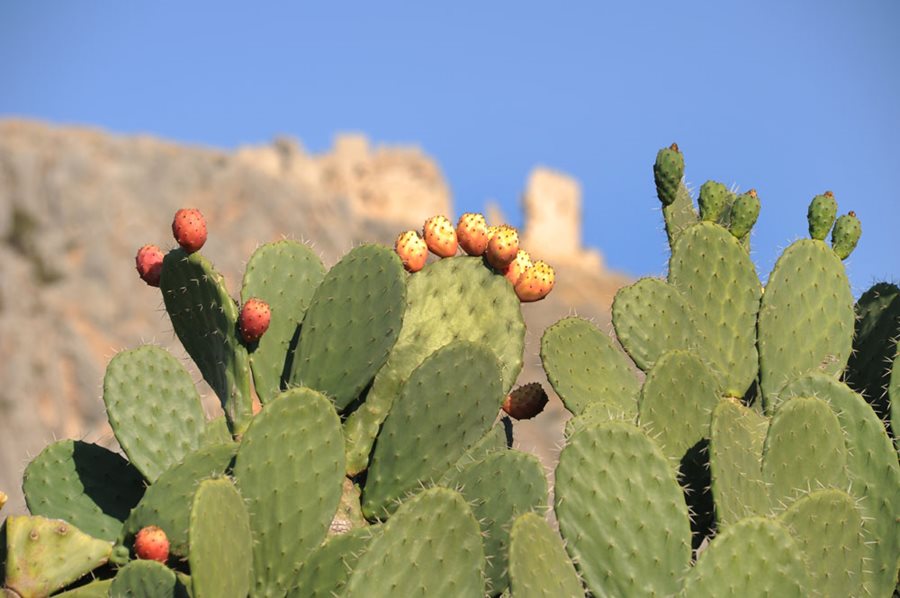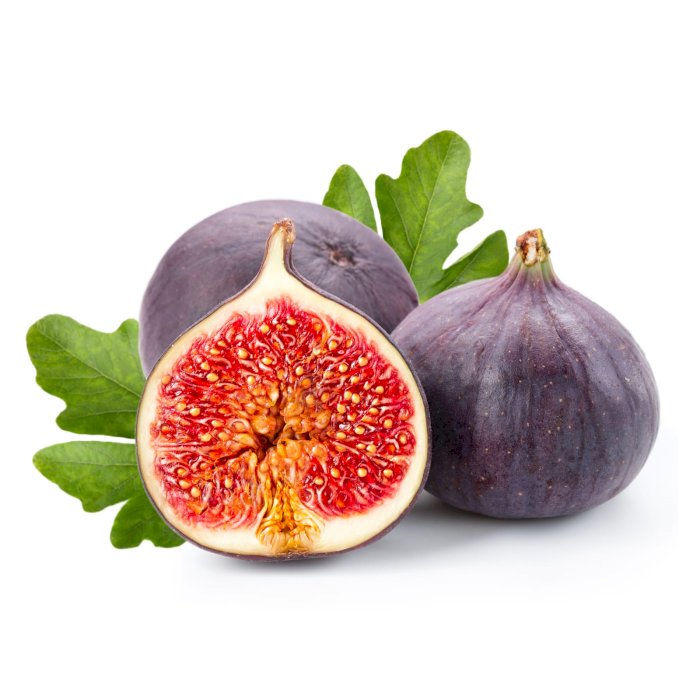Rambutans are unique fruits with spiky red skins. People love to eat their sweet insides, but there’s a question about whether you can eat the seeds, too. This article will discuss if we can eat rambutan seeds and what good things they might offer to our health.
Table of Contents
Understanding Rambutan Seeds
Rambutan seeds are found inside the hairy fruit from the rambutan tree, also known by its scientific name, Nephelium lappaceum. These white, oval seeds are about 2-3 cm long and 1-2 cm wide. They’re enclosed in a smooth shell which hides the part inside that you can eat.
The seeds feel firm and are a bit bitter, but they also have a nutty taste. Before you eat them, it’s best to take off the clear skin that covers the seeds.
Aside from being eaten, rambutan seeds also add unique flavors and textures to different recipes, making them a special ingredient for several foods.
The Good Stuff in Rambutan Seeds
Rambutan seeds are full of healthy stuff that includes vitamins and minerals which are really good for you if you eat a balanced diet.
Let’s look at what’s inside them:
- Protein: These seeds are packed with protein. You get about 5 grams per 100 grams of seeds.
- Fats: They’re rich in good fats, such as oleic acid and linoleic acid, which can be good for your heart and reduce swelling in the body.
- Carbs: There aren’t too many carbs in rambutan seeds – just about 20 grams per 100 grams of seeds.
- Fiber: With 4 grams of fiber per 100 grams, consuming these seeds can help your digestion.
- Vitamins: They have important vitamins like vitamin C which helps your body make collagen and keeps your immune system working well, and vitamin B3 which helps your body use energy and keeps your nervous system healthy.
- Minerals: The seeds contain minerals like iron, phosphorus, and calcium, which are key for healthy bones, muscles, and blood.
Adding rambutan seeds to your diet can be a healthy choice because they offer plenty of benefits for your well-being.
Can you actually eat rambutan seeds?
Yes, you can eat rambutan seeds. They are safe to eat when you boil or roast them, and they have a nice nutty flavor and a satisfying crunch.
Why Rambutan Seeds are Good for You
Rambutan seeds can be really good for your health thanks to all the nutrients and special compounds they have:
- Antioxidant powers: They are full of stuff like flavonoids and phenolic compounds that fight off free radicals in your body and keep you healthy.
- Fights inflammation: Compounds like gallic acid and ellagic acid in the seeds can reduce inflammation.
- Boosts your immune system: With a lot of Vitamin C, rambutan seeds help your body fight off infections and diseases.
- Helps control blood pressure: Thanks to potassium in the seeds, they can help keep your blood pressure at a good level.
- Strengthens bones: The calcium and phosphorus in the seeds are great for strong bones.
- Improves digestion: The fiber in the seeds helps your digestive system work smoothly and can help you avoid getting constipated.
It’s good to remember that even though these benefits sound great, more studies are needed to fully understand how rambutan seeds affect our health. Also, you shouldn’t just eat rambutan seeds, but include them in a varied diet.
How to Eat Rambutan Seeds
People in Southeast Asia often cook with rambutan seeds. Here are some ways you can prepare and eat them:
- Roasted: Roasting the seeds can give them a delicious, crunchy taste. Heat your oven to 350°F (175°C), spread the seeds on a tray, and bake for 15-20 minutes until they’re toasty. Let them cool down before you eat them.
- Boiled: Boiling the seeds makes it easier to eat them. Boil them in water for 15-20 minutes, then take out the soft seeds and eat them.
- Stir-fry: You can chop the seeds and cook them in stir-fry dishes or curries until they’re tender, then enjoy them with the meal.
Be careful, because eating too many rambutan seeds can cause constipation since they have a lot of tannins. Also, some people might be allergic to them, so watch for any reactions. Used in moderation, rambutan seeds can add a nice taste to your food.
In Conclusion
Rambutan seeds are generally okay to eat and can be good for your health. They are rich in nutrients like Vitamin C and minerals such as calcium and potassium. These seeds also have helpful antioxidants and can reduce inflammation.
You can enjoy rambutan seeds after boiling or roasting them. They’re commonly found in Southeast Asian dishes. Just remember to remove the hard outer layer and to eat them in a balanced way to avoid potential problems.
Overall, rambutan seeds are a tasty and nutritious choice for adding variety to your meals.
